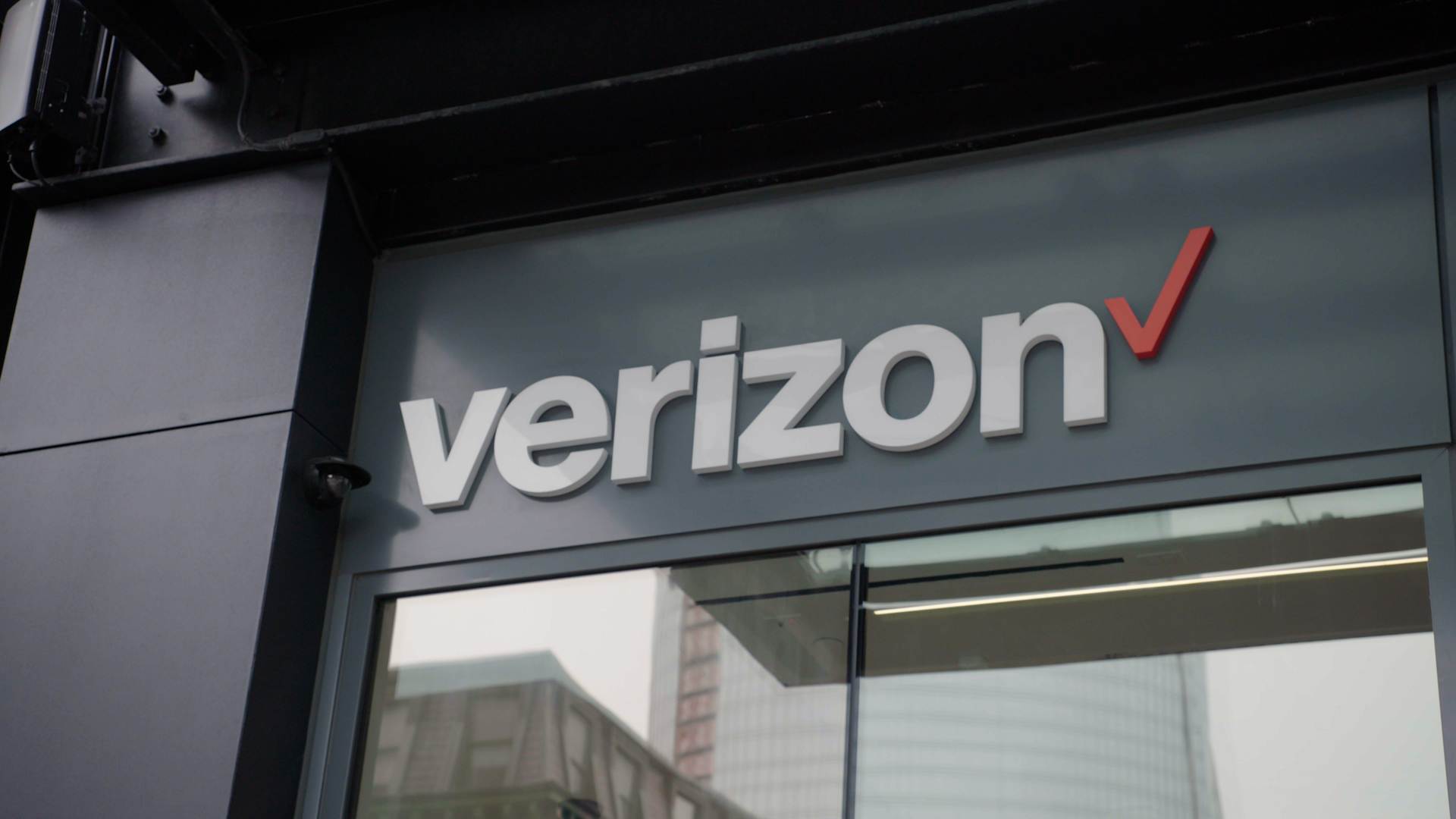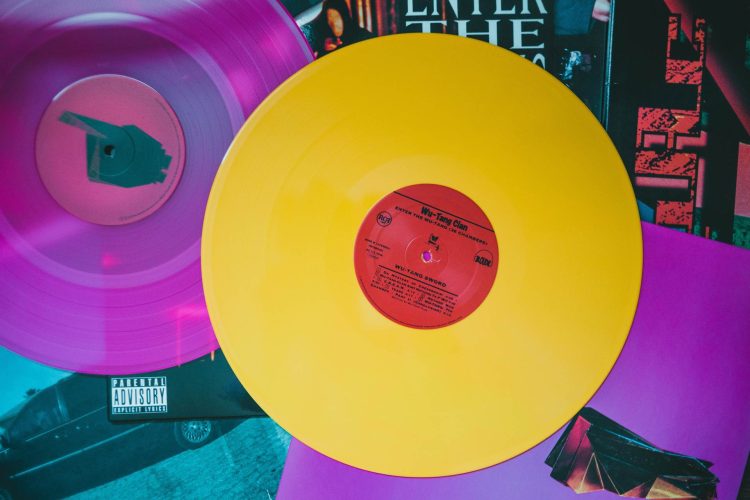Verizon, one of the largest telecommunications companies in the United States, is facing a massive lawsuit from major music labels, including UMG Recordings, Warner Music, and Sony Music. The labels allege that Verizon has knowingly allowed its subscribers to commit copyright infringement by maintaining lax policies toward illegal file sharing.
What does the Verizon lawsuit say?
The lawsuit claims that Verizon has turned a blind eye to its customers’ repeated copyright violations for financial gain. By allegedly neglecting to take action against subscribers who illegally share music files, Verizon is accused of creating an environment that encourages piracy. This lax approach, combined with the promise of faster internet speeds for those willing to pay more, supposedly attracted users who engage in peer-to-peer (P2P) file sharing.
According to the Digital Millennium Copyright Act (DMCA), the plaintiffs argue they are entitled to damages of up to $150,000 per violation. With a list of 17,335 tracks identified in the lawsuit, potential damages could reach a staggering $2.6 billion. The labels assert that Verizon received nearly 350,000 infringement notices since 2020, alleging that the company ignored repeated warnings about infringing activities among its subscribers.

The Verizon lawsuit marks another significant legal battle between content creators and internet service providers (ISPs) regarding copyright protection. Previous cases, such as Viacom vs. YouTube, have invoked the DMCA’s “Safe Harbor” provision, shielding platforms that promptly respond to copyright infringement notifications. Conversely, a $1 billion judgment against Cox Communications was overturned, with the court determining that the ISP did not profit from overlooking music piracy.
Legal challenges ahead
The outcome of the lawsuit will likely have far-reaching implications for Verizon and other ISPs regarding their responsibilities in combating online piracy. As the music industry continues to navigate digital challenges, this case underscores the ongoing struggle to balance copyright protection with internet accessibility and service provider obligations.
The legal action signals a proactive stance from major music labels in safeguarding their intellectual property rights against perceived negligence by telecommunications giants like Verizon. The resolution of this case will be closely watched for its potential impact on future copyright enforcement and ISP liability in the digital age.
Featured image credit: Erik Mclean/Unsplash





